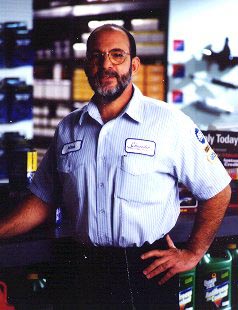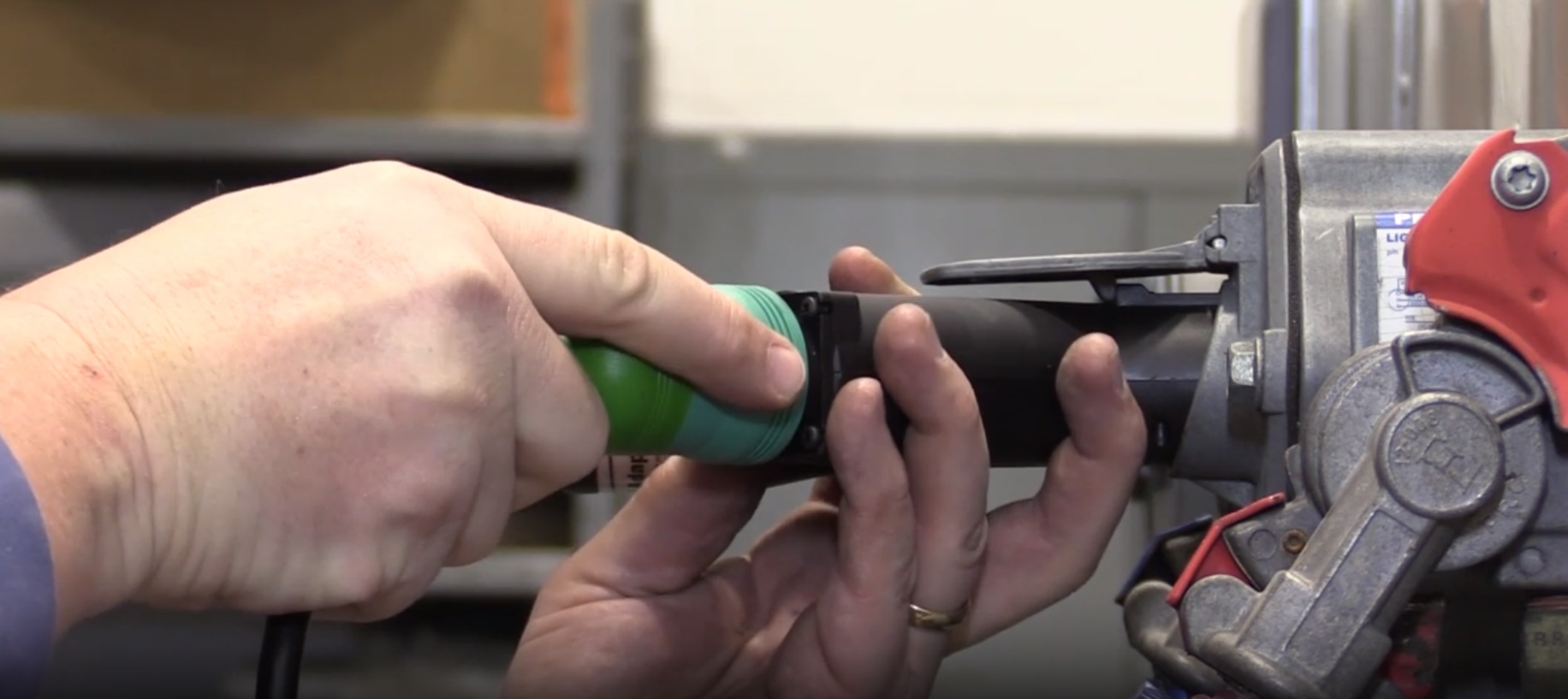 |
|
By Mitch Schneider
Contributing Editor |
The ‘chirp’ was unmistakable, the kind of noise that could only come from one wheel locking up while the other three remained free. The fact that the vehicle, a 1990 four-wheel drive Suburban, “symptomized” directly in front of the office door didn’t hurt either.
An inspection revealed a host of problems, not the least of which was oil-soaked friction material at the right rear axle caused by a leaking axle seal. The shoes on the right rear were "like new," but they were saturated with lubricant and badly cracked on both sides. Both rear drums were within machining tolerances. In addition to all the brake work that needed to be done, the rear pinion seal was leaking.
This was going to be a “good” ticket — the kind most of us long for. All the problems appeared to be pretty straightforward, which generally leads to first-time success and profitability. At least that’s what we thought.We know the vehicle and we know the owner.
We know how the vehicle is driven and the abuse it is likely to endure. We estimated high-quality, heavy-duty parts for the job and presented our findings to the vehicle’s owner. He said, “Yes,” but not before letting us know that he had just had the brakes replaced elsewhere — for the same problem.
Those are magical words in most shops. They almost always result in extra care. We worked diligently to ensure the repair was successful and we were gratified to hear for the first time in a long time, that the vehicle no longer made “that obnoxious noise.” We were equally frustrated and disappointed when the vehicle returned to the shop, locking up and chirping just as badly as it had when it first arrived. We spent days trying to find something wrong with the vehicle and came up empty. Everything checked out OK.
I finally called the friction provider’s tech service hotline for guidance. I gave the tech guy the application and part number and before I could finish describing the symptoms, he interrupted with: “What color is the friction? Is it sandy or light tan? Or, is it really dark?”
As I began to answer, he interrupted again: “Throw those shoes out and replace them with this part number.” He proceeded to give me the new part number and explained that their supplier recently switched materials on them, so the parts I have on the vehicle now are good, but too “grabby.”
The tech line guy assured me that the new parts would do the trick, but warned me that, “there’s still a bunch of other ‘stuff’ out there”— basically saying that I am inevitably going to run into this problem again with other parts.
Still a bunch of the other “stuff” out there? It cost me hundreds of dollars in lost time and revenue and there is “still a bunch of the other ‘stuff’ out there?”
Why? Why didn’t it get recalled? Why didn’t somebody bring it back or buy it back or just get it off the shelf?
This isn’t the first time something like this has happened. We had to deal with a defective distributor cap that was part of a whole batch of defective ones that caused problems on a bunch of Mazda V-6s a number of years ago.
Is it too expensive to get the bad stuff off the shelf? How about the expense I suffered? That should count for something, shouldn’t it? Think no one will notice? The owner of the Suburban did, almost instantly. Did you think the fact that no one cared enough to correct the problem before it came crashing into my world is something I really wouldn’t notice?
In this case it was the friction that caused the heat, but that isn’t always the case. Sometimes the heat comes from a lack of concern. Sometimes it comes from a lack of respect. Sometimes it comes from not caring enough to do the right thing even though it’s the right thing to do. Whatever the cause, you can be sure of one thing — the more service dealers and technicians like me begin to communicate with one another, the hotter it’s likely to get!

